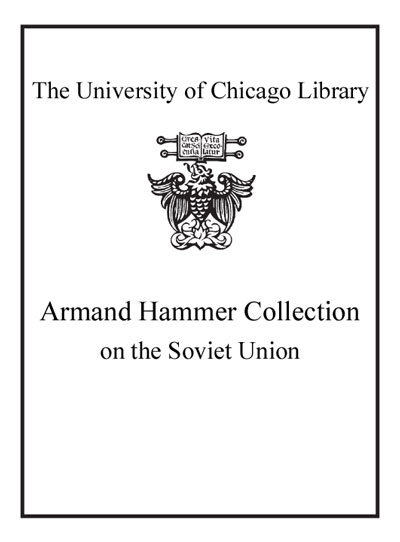Review by Choice Review
The papers collected here were delivered at a conference at the Fulbright Institute, of which Kelley (Univ. of Arkansas) is the director. The aim of the collection is to assess democratic consolidation in the postcommunist states. In the opening essay, Kelley defines democratic consolidation and reviews some of the literature. The second essay is a tour de force by Valerie Bunce and is brilliant at both theoretical and empirical levels. The remainder of the book consists of a comparative essay by Jack Bielasiak, six case studies (five on Russia), and a concluding summation by Kelley. Included are excellent essays by Michael Urban and Robert Sharlet and an innovative approach by Raymond Taras in which game and coalition theory are used to explain political developments of the Gorbachev and Yeltsin eras. In the final essay, Kelley concludes that democratic consolidation is a "work in progress" and that only a minority of postcommunist states has achieved real democracy. Most of the authors largely ignore the influence of precommunist political culture, and there is too much emphasis on Russia for a truly comparative study. Nevertheless, this is a valuable contribution to the literature. An earlier, more limited work is Leslie Holmes's Post-Communism. ^BSumming Up: Highly recommended. Upper-division undergraduates and above. R. J. Mitchell emeritus, University of New Orleans
Copyright American Library Association, used with permission.
Review by Choice Review

